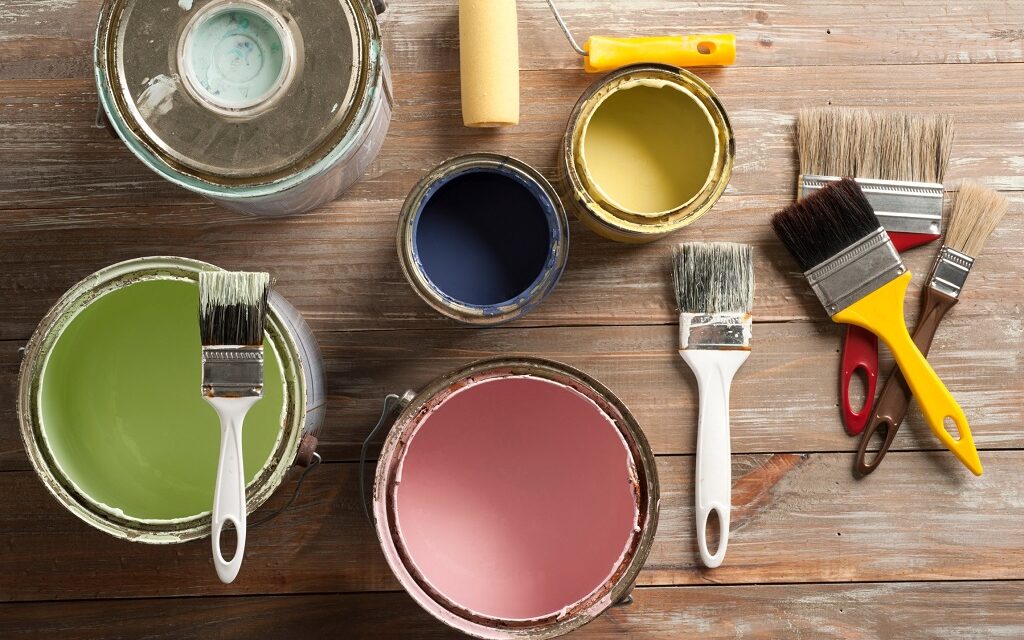Homeownership can be a wonderful experience, but it does come with many responsibilities. Learning how best to take care of your home can take many years to master, even for the most knowledgeable and skilled homeowners.
A good practice to maintain, in order to build your knowledge base, is to seek answers to any questions as they arise on how your home works in particular, as well as how homes function in general.
Below are ten basic skills every homeowner should develop in order to keep their home running smoothly, while preventing unexpected and costly setbacks.
10 Basic Skills Every Homeowner Should Develop
- Ability to Hire Reputable Home Contractors
- Creative Resourcefulness
- Basic Plumbing Skills
- Basic Electrical Skills
- Basic HVAC Maintenance
- Basic Appliance Maintenance and Repairs
- Painting, Patching Drywall & Caulking
- Landscaping, Lawn Care & Gardening
- Interior Design & Decorating
- Holistic Approach to Home Security
Also see:
- 20 Best “How-To” YouTube Videos for Home Maintenance
- 10 Best YouTube Channels for First-Time Homeowners
- Why You Need a Fix-It Game Plan for Your Newly Purchased Home
- 10 Traits of Innovative Homeowners
- More Recommended Home Maintenance Articles
- Related Topics: Home Maintenance | YouTube | Landscaping | Renovations | Home Décor | Home Shows
1. Hiring Reputable Home Contractors
Without a doubt, the most important skill for homeowners to cultivate, especially new homeowners, is the ability to find, hire and maintain lasting relationships with reputable, trustworthy and competent home improvement professionals.

We state this opinion as ordinary homeowners (i.e. non-superhuman DIY experts) will never be able to DIY their way out of all serious situations they may encounter. Eventually, virtually all homeowners will need to hire an outside professional at some point. Most important to keep in mind is that mistakenly hiring a disreputable or incompetent “professional”, on the otherhand, can make your situation dramatically more challenging and costly to resolve.
As you learn more about your home and develop both DIY and diagnostic skills, you will gain a greater appreciation for the best contractors you encounter, through various situations both planned and unplanned.
Reputable contractors are happy to share their knowledge on basic DIY maintenance and repair tasks, as they want to earn your trust for handling more advanced repairs, upgrades and projects. They intuitively understand that one happy customer will likely refer future customers to them, as well.
One of the kindest gestures that homeowners can extend to their fellow neighbors is to provide a referral to a proven stellar contractor.
Basic tips to keep in mind when seeking a reliable home contractor include:
- Seek referrals from neighbors and trusted industry professionals
- Always ask for references
- Make sure they have the right license and it is active and in good standing
- Make sure they have all requisite insurance and that it is a sufficient amount for your home’s value
- Be wary of too many overly flattering reviews on Yelp and other review sites
- Don’t be afraid to ask questions
For advance suggestions on how to best hire home contractors, also see:
2. Creative Resourcefulness
The second most important skill (and attitude) to possess as a homeowner is creative resourcefulness. A dogged determination to address imperfections and setbacks any home may present is crucial to prospering as a “healthy, wealthy and happy” homeowner.

No matter the condition of one’s home or financial situation, you will eventually encounter stressful and inconvenient situations that cannot be immediately mitigated by simply using a credit card number or writing a sizeable check.
We strongly recommend incorporating innovative detective skills as you get to know your home and aim to improve it over time, such as:
- Inspecting your property regularly, such as seasonally and before-and-after foul weather
- Learning about your home, and homes in general, continually to deepen your knowledge and confidence
- Staying abreast of new home technologies, products, processes and materials
- Literally planning for a rainy day (emergency supplies: tarps, sandbags, extra food supplies, etc.)
- Taking detailed notes and implementing systematic tests when diagnosing issues
- Maintaining detailed records of your home’s systems, products and details
- Setting reminders for recurring maintenance tasks
- Broadening your network of reputable contractors before you need them
- Being a hands-on project manager for any and all home improvement projects
- Finding free household items to learn, test and shore up supplies cost-effectively
- Pushing yourself to try to resolve more challenging issues without always needing to rely on outside professional help
Also see:
3. Basic Plumbing Skills
You can take this point as a given: all homeowners will need to perform some basic plumbing maintenance on their own at some point in their tenures as homeowners.
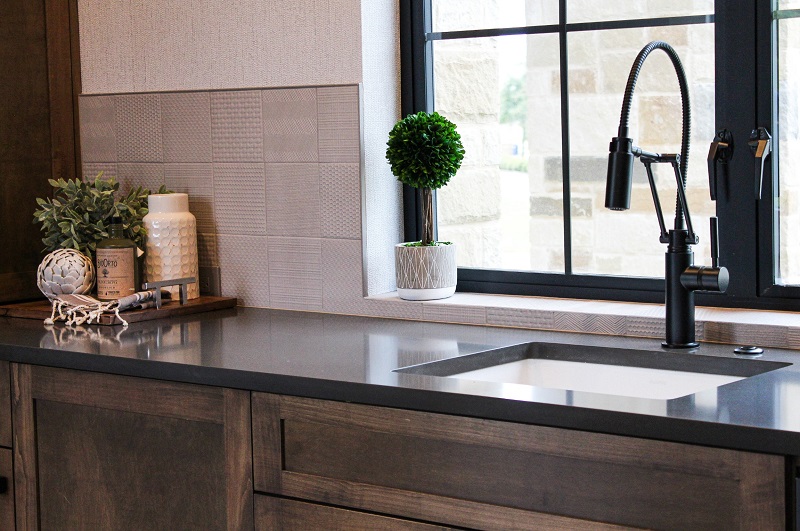
The most important plumbing skill is to know how to turn off your water both to the house, as well as local shutoff valves in, or near, bathrooms and kitchens. This is vitally important to prevent extensive water damage when encountering unexpected leaks or connection breaks, as well as when preforming routine checks of connections.
The second most important plumbing skill is to adhere to a proactive maintenance schedule to understand the current state of your pipes and to keep them in sound working condition.
The third most important plumbing skill is to treat your sewer drains with respect. For example, never pour oils down your sinks, never put solid food through your garbage disposal, and never throw wipes in your toilets – use toilet paper only!
When addressing basic plumbing issues (e.g. running toilets, slow drains, etc.), be sure to check out YouTube for plumbing tutorials on how to do so before calling a plumber or buying parts or tools.
If your drains seem slow or backed up after heavy rains or storms, try pouring baking soda down them followed by vinegar – this will usually clear up any sediment buildup quickly without causing further damage.
An excellent example of how to diagnose and mitigate a slow bathroom drain can be viewed on Everyday Home Repairs YouTube channel.
And finally if all else fails? Yes, reach out to a reputable local plumber!
Also see:
- Best Plumbing How-To YouTube Videos for Homeowners
- A Proactive Plumbing Maintenance Plan for the Entire Year
- Part 3 Non-Invasive Plumbing Tech: How We Repaired Our Home Sewer Line
- Early Signs It Might be Time to Repipe
- How to Unclog a Bathroom Sink Video from Everyday Home Repairs
- Basic How-To Plumbing Videos from Everyday Home Repairs
4. Basic Electrical Skills
The most important electrical skill to have as a homeowner is to know how to turn off power to your home by switching off the main circuit breaker box. This practice is especially important prior to doing any inspection or tests with electrical outlets, and especially important before entering any areas of the home that have flooded (e.g. basements after a heavy rainstorm). When expecting power to be off, always check that the power is indeed off prior to touching any wires.
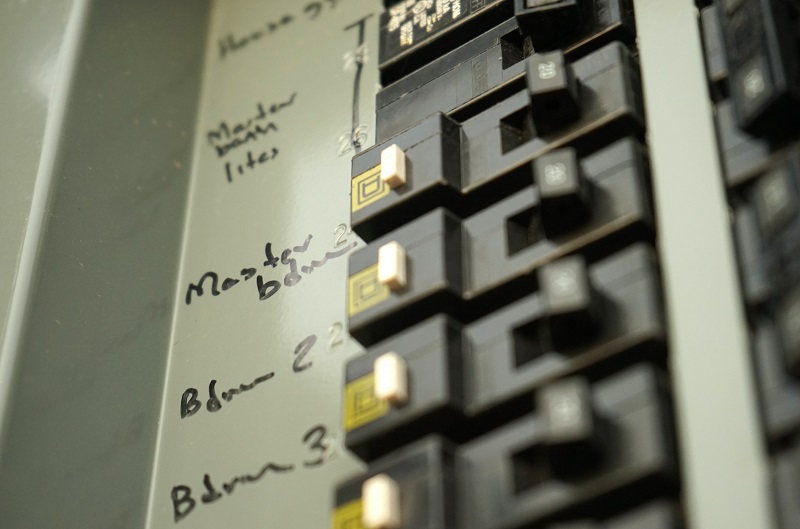
The second most important electrical skill to have as a homeowner is to refrain from performing electrical work beyond your comfort zone. When in doubt, always hire a reputable and licensed electrician. Before calling in an electrician, it’s also a sound practice to have either a sufficiently large project, or a group of minor repair jobs that make it cost effective for the minimal hours to be charged.
The third most important electrical skill to have as a homeowner is to know how to proactively detect electrical issues that need either a DIY or professional solution. Example signs of electrical problems include:
- Rooms with running water (e.g. bathrooms, kitchens, laundry rooms) or rooms that are prone to pooling water (e.g. garages, basements) are not equipped with ground fault circuit interrupters (GFCI) outlets
- Not having tamper-resistant receptacles for households with young children
- Frequently tripped circuits due to overloads (e.g. using too many electrical devices off of the same circuit) or some other fault
- Warm outlets, switches and electrical fixtures can be a sign of a poor connection and a fire risk
- Overloaded outlets and power strips used for extended periods of time can be unsafe
- Unusual sounds, smells, sights, or events, e.g.: buzzing, flickering lights, sparks, burning odors, worn cords or wires, shocks, etc.
It’s also important to practice good safety habits when working with electricity. If possible, wear rubber gloves and boots when handling wires or other parts of equipment that could shock people if they come into contact with them. Be careful not to touch anything while standing on wet surfaces, including grass or mud, since this can lead directly into an electrical shock hazard!
When considering a DIY fix or hiring a professional for electrical repairs or installs, always keep in mind that the homeowner can be liable for faulty electrical work well after selling a property. For most, if not all, work involving electrical, water and the “bones” of a house (e.g. roofing, support beams, floor boards, foundation, etc.), you will want to hire reputable professionals that adhere to local building codes and go through the permitting process, when required.
Also see:
5. Basic HVAC Maintenance
Every homeowner should know how to check their HVAC system. It’s easy! Just follow these steps:
- Check the Air Filter
If it’s dirty, replace it with a new one and run the system for a few minutes to get any remaining dust out of your HVAC system - Check All Vents
Make sure that all vents are clear of debris and that any grilles are not blocked by furniture or other items in your home - Check All Ducts
Make sure all ducts are free from blockages caused by dirt, lint, pet hair, and other debris
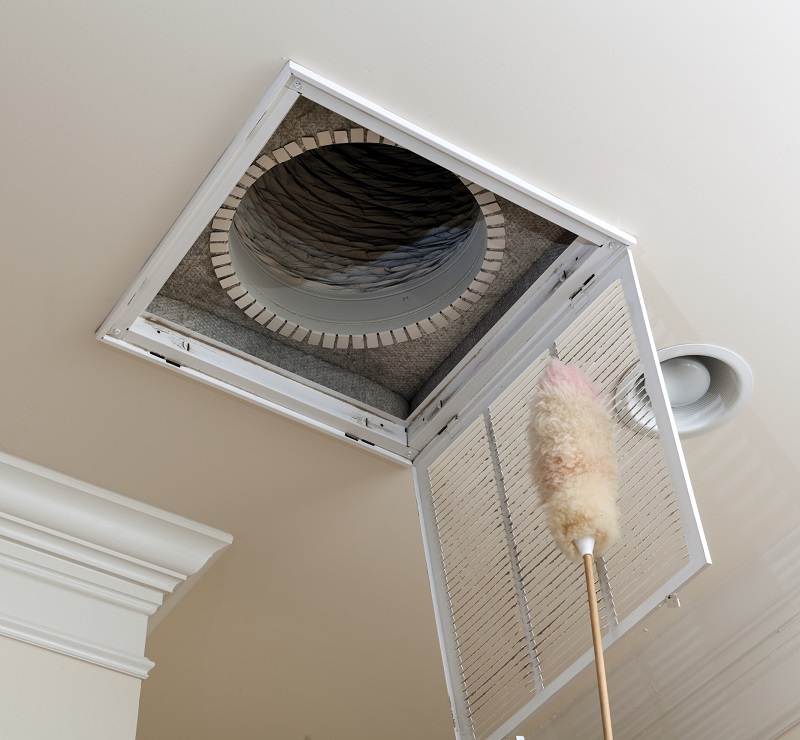
If you notice anything unusual while checking these things (e.g. a strange smell coming from vents; something dripping down the walls), call a professional right away because those could be signs of a break in your ductwork leaking coolant onto your flooring which can cause permanent damage if left unchecked.
An excellent example of how a homeowner can diagnose an air conditioning issue (e.g. not cooling) can be viewed on DIY Hip Chick’s YouTube channel.
Lastly, though clothes dryers are not part of any HVAC system, the dryer air duct also should be regularly inspected and cleaned to prevent the risk of fire, and to improve overall drying efficiency.
Also see:
6. Appliance Maintenance and Repairs
First, you should make sure you know what kind of appliances you have in your home and keep readily available detailed records on each device, such as:
- Brand & Product Name
- Model Number
- Serial Number
- Year manufactured
- Years in service
- Expected lifespan
- Record of any previous maintenance tasks or service repairs
- Website URL(s) for product documentation, recommended maintenance and other problem solving resources
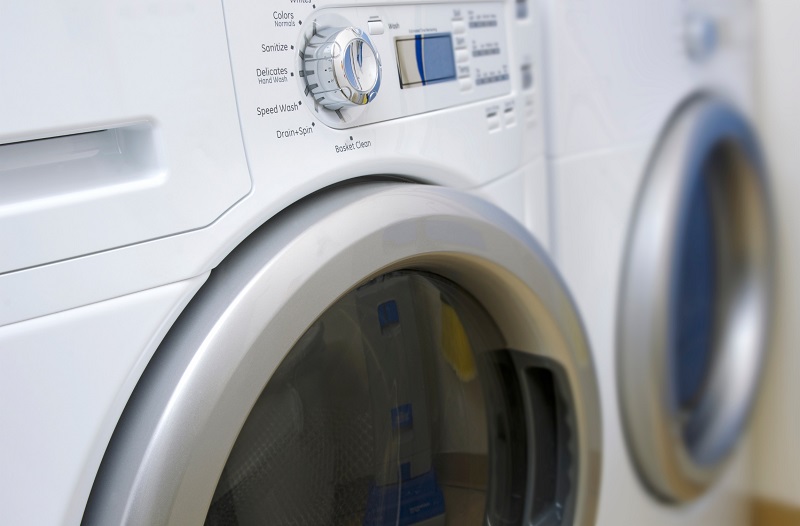
Once you know what type of appliance it is, make sure to read the manual thoroughly before attempting any repairs yourself. A key part of diagnosing an appliance issue is identifying if you have a common issue or not (e.g. receiving an error or warning message).
When diagnosing an appliance issue, we strongly recommend visiting these two resources offered by RepairClinic.com, as they provide helpful information to find solutions to your problem:
- RepairClinic.com website to lookup known problems and solutions for a large number of popular brand appliances
- RepairClinic.com’s YouTube channel to watch instructive how-to videos on how to make common repairs for popular brand appliances
If your appliance or issue cannot be found on a site like RepairClinic.com, we recommend considering using a virtual appliance repair service, which takes a “fix-it with me” approach. A remote technician, with the aid of your mobile phone’s camera, can walk you through a remedy for many common appliance issues.
Also see:
- When to Get a Home Warranty & Alternatives to Seek When Not
- Virtual Home Appliance Repairs
- 5 Things to Look for in the Fine Print of a Home Warranty Plan
- Why Prescriptive Maintenance is the Cure for Homeowner Headaches
- HomeTool: Making Home Repair, Maintenance & Improvements Simple
- Top 10 Problems per Appliance Type Videos from Word of Advice TV
- Appliance How-It-Works Videos from RepairClinic.com
- How to Find My Model Number Videos from RepairClinic.com
- Troubleshooting Playlists per Appliance Type
7. Painting, Patching Drywall & Caulking
Painting is a skill every homeowner should have, but it’s also one that many people don’t know how to do properly “like the pros”. We’re not talking about just switching out the color of your walls. You’ll want to learn how to paint trim, when to use a roller cover instead of a brush, how to clean up after yourself, and even how to store your paint supplies safely and responsibly!
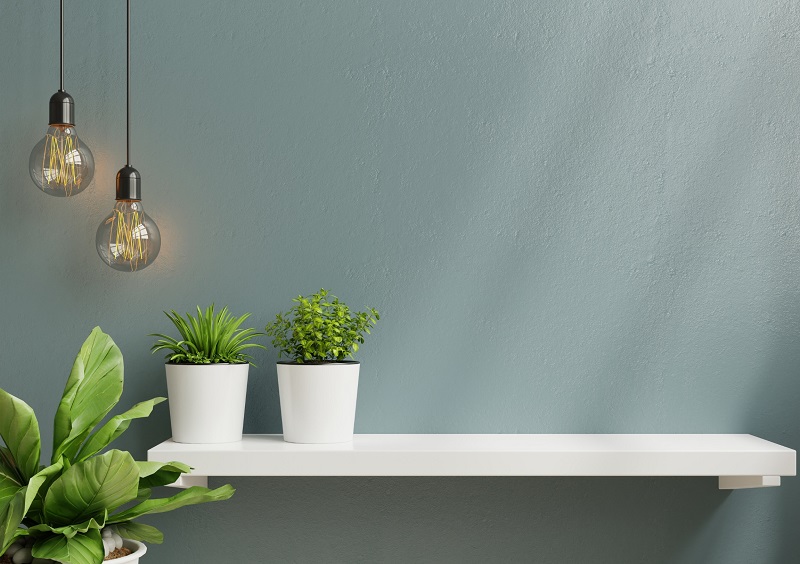
One thing that will make your painting easier is knowing the difference between water-based and oil-based paints. This is especially important if you’ve purchased an older home and wish to paint over existing walls with water-based paints. You’ll need to know if the existing paint is oil-based or not, as you cannot use a water-based paint directly on an oil-based paint.
Water-based paints are great for interior walls because they don’t emit fumes like their oil counterparts do if left exposed for too long after application. They also dry faster than oil paints do.
You can use either roller covers or brushes when applying these types of finishes. However, roller covers tend to be much faster than brushes because they cover more surface area at once, while reducing the amount of liquid needed per application (which means less spillage).
If you choose one applicator over the other, your preference will depend on what kind of finish effect you’d like. Brushes tend to leave more texture, while rollers tend toward smoother finishes with fewer noticeable brush marks.
To learn experts tips that will also inspire you, we strongly recommended watching Jeff Thorman’s highly popular “How to Paint a Room: DIY for Beginners“ video.
For tips on patching drywalls see:
For tips on caulking for beginners see:
- How to Caulk a Bathtub with Silicone
- Caulk for Baseboards and Trim: Which One Should You Buy?
- Basic How-To Caulking Videos from DIY Hip Chicks
8. Landscaping, Lawn Care & Gardening
Many homeowners enjoy taking care of their outdoor property, but many may not, depending on the traits of their lot and local climate, as well as their available bandwidth. No matter your situation, there are a wide range of innovative products and services that are available to help you take better care of your outdoor areas.
Landscaping
If you are looking to create a new landscape design for your property, we highly recommend considering using a virtual landscaping design service to generate concepts.
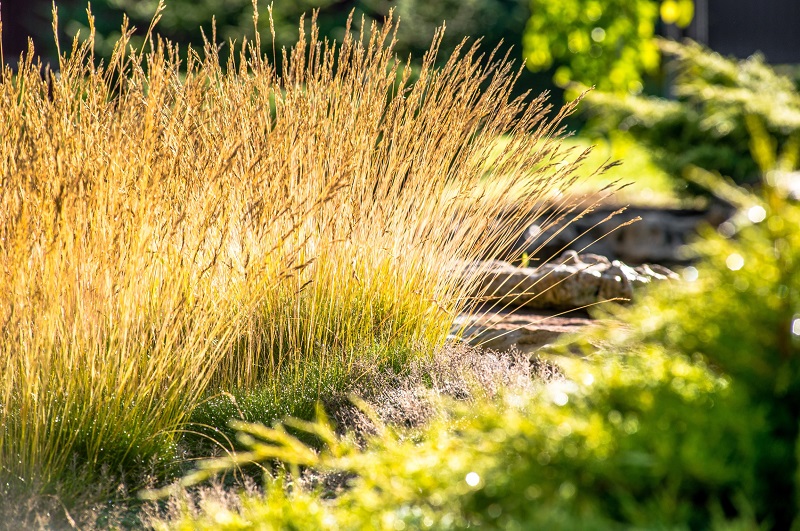
Contemporary landscape designers are also taking into account not just outdoor aesthetics but also lifestyle preferences, such as:
- Efficient Water Usage
- Artificial Grass
- Smart Irrigation
- Solar Lighting
- Wellness Features
- Low-Maintenance Native Plants
- Sensory Gardens
- Firescaping
- Sustainable Outdoor Furniture
Also see:
Lawn Care
Learning how to properly care for your lawn is one of the easiest ways to enhance the value of your home.
If you prefer to take care of your lawn yourself but have a busy schedule, you can also look for innovative lawn care products, such as robot lawnmowers and smart irrigation systems that can serve as a convenient hybrid approach for your lawn care.
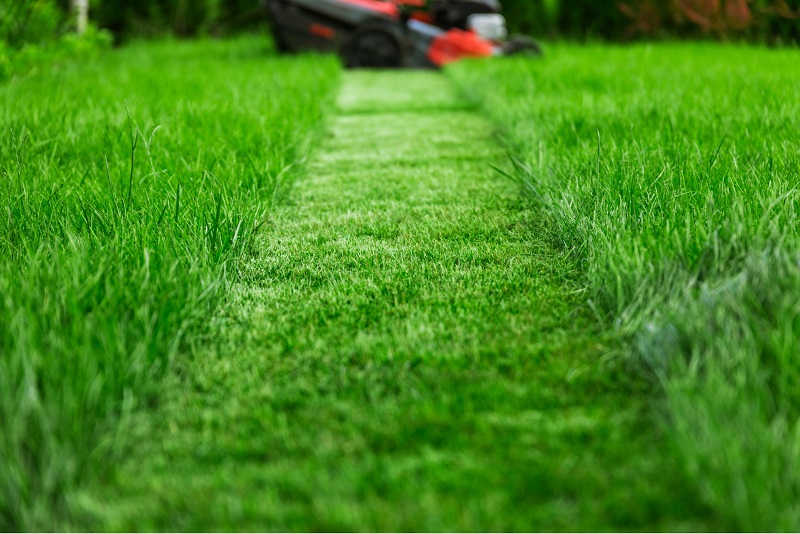
In the era of popular on-demand services like Uber, homeowners can also conveniently supplement how they take care of their yards with on-demand lawn care services.
Homeowners looking for the least amount of maintenance for their outdoor areas can look towards two convenient solutions:
Also see:
Gardening
No matter the size of your lot, and even if you live a condo, you can absolutely have a home garden – even an inside herb garden is possible! Gardening can be an essential element of enjoying homeownership, as it can provide many benefits, such as:
- Increased time spent outdoors breathing fresh air and getting exposure to sunlight
- Consistent mental and physical exercise
- Improved nutrition and diet with homegrown vegetables and fruit
- Reduced stress levels
- Expanded social connections with other gardeners
- Improved curb appeal and home valuation

Similar analogies can be drawn between beginner gardeners and beginner homeowners. Both subject areas can be quite intimidating, but with the right attitude much can be learned and developed in a short amount of time. In both cases, there are many experienced and helpful resources available to help gardeners and homeowners develop alike.
Also see:
- Add Calm to Your Life with a Peaceful Sensory Garden
- How to Design a Low-Maintenance Garden in 5 Simple Steps
- How to Create a Thriving Pollinator Garden with These Plants and Trees
- Best Fruit Trees to Plant by Hardiness Zone
- Epic Gardening
- MyNJGarden
9. Interior Design & Decorating
Interior design and decorating is an essential skill for every homeowner, especially if you purchased a home that can be described as “interesting”, or if the interior style of your home still doesn’t “feel like home” to you. Interior design isn’t just about making your house look nice, it’s also about knowing what makes a room functional, comfortable, and aesthetically pleasing.

To get started, consider these questions:
- What’s my style?
- What are my budget constraints?
- What space should I be decorating?
- What do I like and dislike?
- How much time am I willing to dedicate to this project?
- Do I need help moving furniture or hanging pictures on the wall (and if so, how much help)?
Also see:
10. Holistic Approach to Home Security
When contemplating “Home Security” most homeowners will typically think of security camera systems like Ring or traditional home alarm services like ADT. Though these products and services certainly play an important role in any home security system, there are several other aspects of home security that homeowners also need to consider and incorporate.
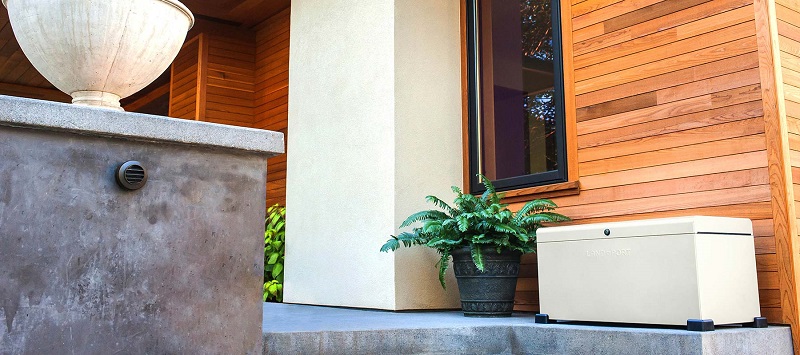
Image courtesy of The Landport
Additional types of security measures that homeowners need to incorporate into their households include:
Enhanced Home Security Services
- Human-Augmented Virtual Security Guards
- Specialized Technology to Secure Your Entrances & Deliveries
- Information Services to Thoroughly Research a Neighborhood
Financial & Legal Protection
- Prevent Check Washing When Paying Important Bills Such as Property Taxes
- 10 Conflicts of Interest Every Homeowner Should Know
- Important Must-Have Legal Documents for Homeowners
- Why You Should Never Lend Your Ladder to Your Contractor
- Leveraging Online Legal Services for Homeowners & Property Owners
- Homeowner Liability With DIY Projects
Hiring Contractors & Managing Renovations
- Protecting Your Home & Family During a Home Renovation Project
- Security & Safety Products to Use During a Home Renovation Project
- What to Include in a Renovation Contract
Structural
- The Dangers of Using Uninspected Fireplaces
- Water Leak Detection Systems
- Building Technologies for Disaster Resistant Homes
- Home Inspection Technologies to Alleviate Your Purchase Anxiety
Environmental
Regardless of which types of security programs you may incorporate for your household, there are some basic home security practices that every homeowner should follow in order to keep their home secure:
- Keep all entryways locked when no one’s inside
- Don’t leave valuables visible through windows
- Use smart lighting to turn on and off intermittedly when your home is unoccupied at night
- Don’t leave doors or windows unlocked when your home is unoccupied
- Don’t leave your garage door open and unattended for extended periods of time
- Use a secure mailbox and never leave mail in your box for extended periods of time
- Always lock cars that are parked on the street, or in your driveway or carport
- Never let uninvited strangers enter your home
- Confirm the identify of all service personnel when a team is working on your property or in your home
- Only use password protected routers for your home network
- Closely monitor and guard any personal information that may be shared on social media by family members
- Subscribe to free credit monitoring systems to help guard against identify theft
- Alway store combustible supplies and materials safely and responsibly
Parting Words of Advice
If you acquire many of these skills and areas of expertise, you’ll have a more enjoyable experience as a homeowner, while saving yourself significant amounts of time, money and stress.
Once you know what’s going on with your house – e.g. how it works, how much things cost, how long things last – you will feel more confident about making decisions on repairs and upgrades. You might even progress to being able to do some of the advance work yourself!
The bottom line?
Homeownership is not just about saving up for a down payment, purchasing a house and then living happily ever after. It’s about knowing how to deal with the many things that can, and will, go wrong in your home, from plumbing problems to faulty appliances to countless imperfections throughout the house.
You don’t have to be an expert in every single one of these areas. Sometimes it’s sufficient to find a temporary DIY remedy until a professional is available to complete the final repair fully. If you master these skills (and some others we didn’t mention), then there will be nothing stopping you from being a well-skilled and highly knowledgeable homeowner!
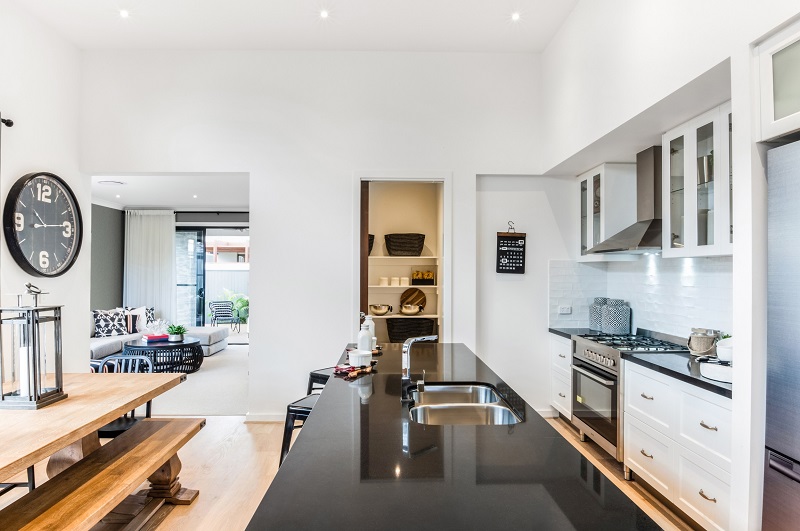
Recommended Home Maintenance Articles
- 10 Conflicts of Interest Every Homeowner Should Know
- Why You Should Never Lend Your Ladder to Your Contractor
- 5 Things to Look for in the Fine Print of a Home Warranty Plan
- Why Prescriptive Maintenance is the Cure for Homeowner Headaches
- When to Get a Home Warranty & Alternatives to Seek When Not
- A Proactive Plumbing Maintenance Plan for the Entire Year
- Best YouTube Channels that Help Homeowners Learn
| Purgula is reader-supported. When you click on links to other sites from our website, we may earn affiliate commissions, at no cost to you. If you find our content to be helpful, this is an easy way for you to support our mission. Thanks! Learn more. |

